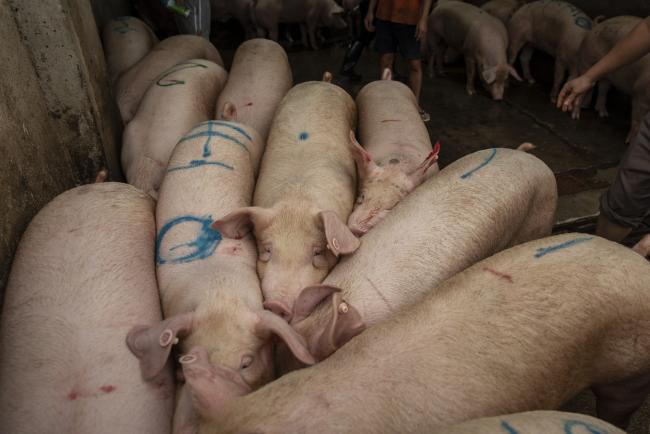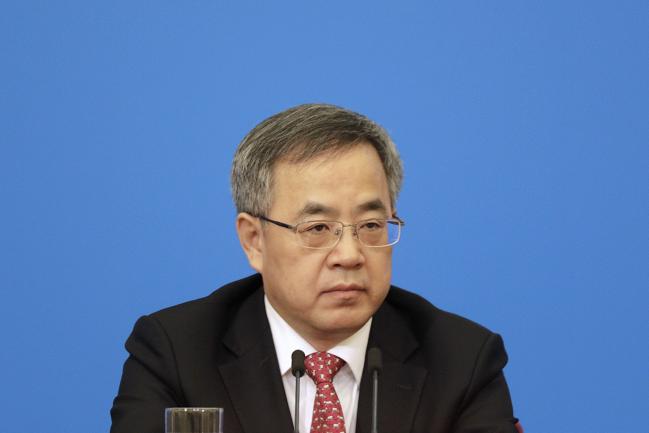(Bloomberg) -- Chinese companies are preparing to purchase more U.S. pork, according to people familiar with the situation, with top trade negotiators from both nations set to meet in Washington next month.
The firms are inquiring about prices from pork exporters including Smithfield Foods Inc. and Tyson Foods Inc (NYSE:TSN)., said the people, asking not to be identified discussing a private matter. The volume of the purchases hasn’t been finalized but may be around 100,000 tons, some of which will be for state reserves, the people said.
Futures on the S&P 500 extended gains, while the Shanghai Composite Index and the Hong Kong Hang Seng Index pared declines. The Australian currency pared losses against the dollar to trade little changed and the yen deepened declines.
The imports may be part of China’s efforts to ease tensions with the U.S. as they strive to reach a trade deal. They also come at a time when the Asian nation, the world’s biggest pork consumer, desperately needs more of the meat. China has already boosted pork imports from the U.S., with July imports at the highest in two years, as the government also makes purchases for its state reserves.
China’s commerce ministry didn’t immediately respond to a fax seeking comment. U.S. and Chinese officials held working-level negotiations earlier this month and are aiming for a high-level meeting around Oct. 10. Beijing will continue to exempt U.S. farm goods including soybeans and pork from additional tariffs, state-run Xinhua cited the commerce ministry and National Development and Reform Commission as saying on Tuesday.
Prices of pork have surged more than 70% this year in China due to the spread of a deadly pig disease, prompting Beijing to become increasingly concerned about its potential to mar celebrations for the 70th anniversary of Communist Party rule on Oct. 1.
China’s seen an almost 40% plunge in hog numbers as the impact of African swine fever worsened. Chinese Vice Premier Hu Chunhua has warned that the supply situation will be “extremely severe” through to the first half of 2020, and that the country is likely to have a pork shortage of 10 million tons this year, more than the roughly 8 million tons in annual global trade.
(Adds market moves in third paragraph.)
To contact Bloomberg News staff for this story: Niu Shuping in Beijing at nshuping@bloomberg.net;Steven Yang in Beijing at kyang74@bloomberg.net;Jenny Leonard in Washington at jleonard67@bloomberg.net
To contact the editors responsible for this story: Anna Kitanaka at akitanaka@bloomberg.net, Sharon Chen
©2019 Bloomberg L.P.

